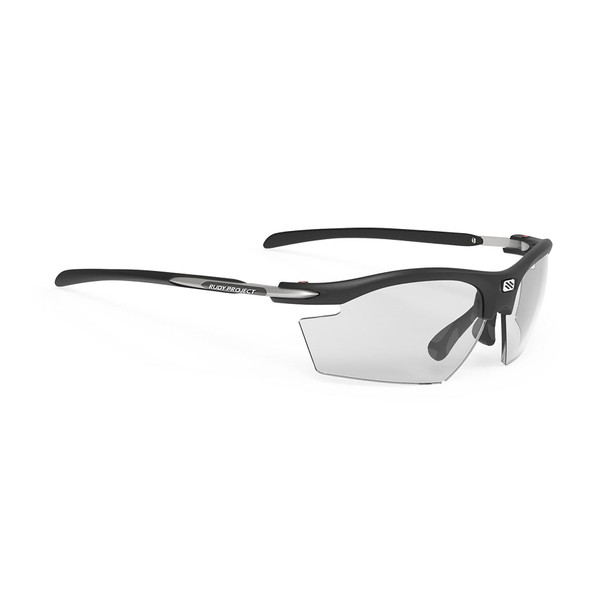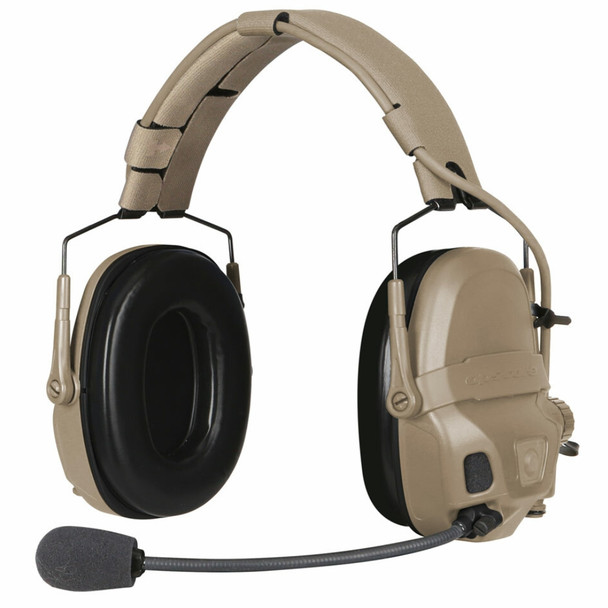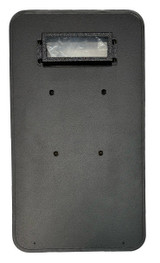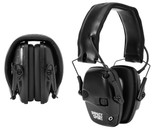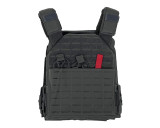See Clearly, Hear Safely: Your Guide to Essential Shooting Range Protection
Whether you're a seasoned marksman or a curious first-timer, safety is paramount on the shooting range. While proper gun handling is essential, protecting your eyes and ears from the impact of firearms is equally crucial. This guide delves into the must-have gear for a safe and enjoyable shooting experience.
Why Prioritize Eye and Ear Protection?
Firearms unleash a powerful combination of noise and debris. Gunfire can exceed 140 decibels (dB), enough to cause permanent hearing damage with repeated exposure. Additionally, spent casings, ejected lead fragments, and even ricocheting bullets pose a significant threat to your eyes. Proper eye and ear protection safeguards your senses and prevents avoidable injuries.
Understanding Eye Protection Options
Shooting glasses are not all created equal. Here's what you need to know:
- Safety Glasses: These are the basic level of protection, featuring impact-resistant polycarbonate lenses that shield your eyes from flying debris. Look for glasses marked "Z87.1" to ensure they meet the American National Standards Institute's (ANSI) safety standards.
- Shooting Glasses: Designed specifically for shooting sports, these glasses offer a wider field of view and often have scratch-resistant coatings. Some feature anti-fogging treatments to maintain clarity in humid environments.
- Ballistic Glasses: For the ultimate in eye protection, consider ballistic glasses. These heavy-duty glasses utilize even more robust materials like ballistic nylon to withstand the impact of high-velocity projectiles.
Choosing the Right Eye Protection
Here are some key factors to consider when selecting your shooting glasses:
- Fit: Your glasses should sit comfortably on your face without slipping or causing irritation. Consider options with adjustable temples or nose pads for a personalized fit.
- Lens Color: Tinted lenses can enhance your vision in various lighting conditions. Yellow lenses excel in low light, while clay target shooters often prefer orange or pink tints for better target visibility. Opt for clear lenses for indoor ranges with controlled lighting.
- Prescription Needs: If you wear corrective lenses, consider prescription shooting glasses or inserts that fit comfortably within your safety glasses.
Understanding Hearing Protection Options
There are two main types of hearing protection suitable for shooting:
- Earmuffs: These cup-shaped devices completely enclose your ears, offering superior noise reduction. They come in various styles, from electronic muffs with adjustable volume control to passive muffs with a fixed Noise Reduction Rating (NRR).
- Ear Plugs: These insert directly into the ear canal, blocking sound waves. They are typically more affordable and portable than earmuffs, but finding the right fit is crucial for optimal noise reduction. Foam ear plugs are disposable and provide decent protection, while electronic ear plugs offer similar features to electronic muffs in a more compact design.
Choosing the Right Hearing Protection
Here are some key considerations for selecting your hearing protection:
- NRR Rating: This number indicates the average amount of noise reduction provided by the protector in decibels. Higher NRR ratings offer greater protection. Aim for an NRR of at least 27 dB for firearms.
- Comfort: You'll be wearing your hearing protection for extended periods, so comfort is essential. Consider the weight, size, and adjustability of the device. Electronic earmuffs can provide a more comfortable experience by allowing you to hear ambient noise and conversation at lower volumes.
- Shooting Style: If you participate in activities with high noise variation, like tactical shooting or hunting, electronic earmuffs will allow you to hear important sounds while still offering protection during gunfire.
Beyond the Basics:
- Double Up for Extra Protection: For maximum noise reduction, consider combining earmuffs and ear plugs. This offers the most significant protection for extended shooting sessions.
- Communication Considerations: If shooting at a range with others, consider using electronic earmuffs with communication features to maintain clear communication while still prioritizing hearing protection.
By prioritizing eye and ear protection and following safe shooting practices, you'll ensure a fun and rewarding experience on the range. Remember, protecting your senses is an essential part of responsible gun handling.
Recent Posts
-
Understanding Ballistic Shield Ratings and Their Applications
The Trusted Name in Tactical Defense - BattleSteel® When it comes to protecting those who protect us …2025-04-19 -
The Importance of Hearing Protection in Tactical Environments
The Legacy of BattleSteel® BattleSteel® is a trusted name in the world of tactical defense equipment …2025-04-14 -
How to Properly Fit and Wear a Plate Carrier
About BattleSteel and Their Mission BattleSteel is a trusted name in the tactical gear industry, ren …2025-04-11
